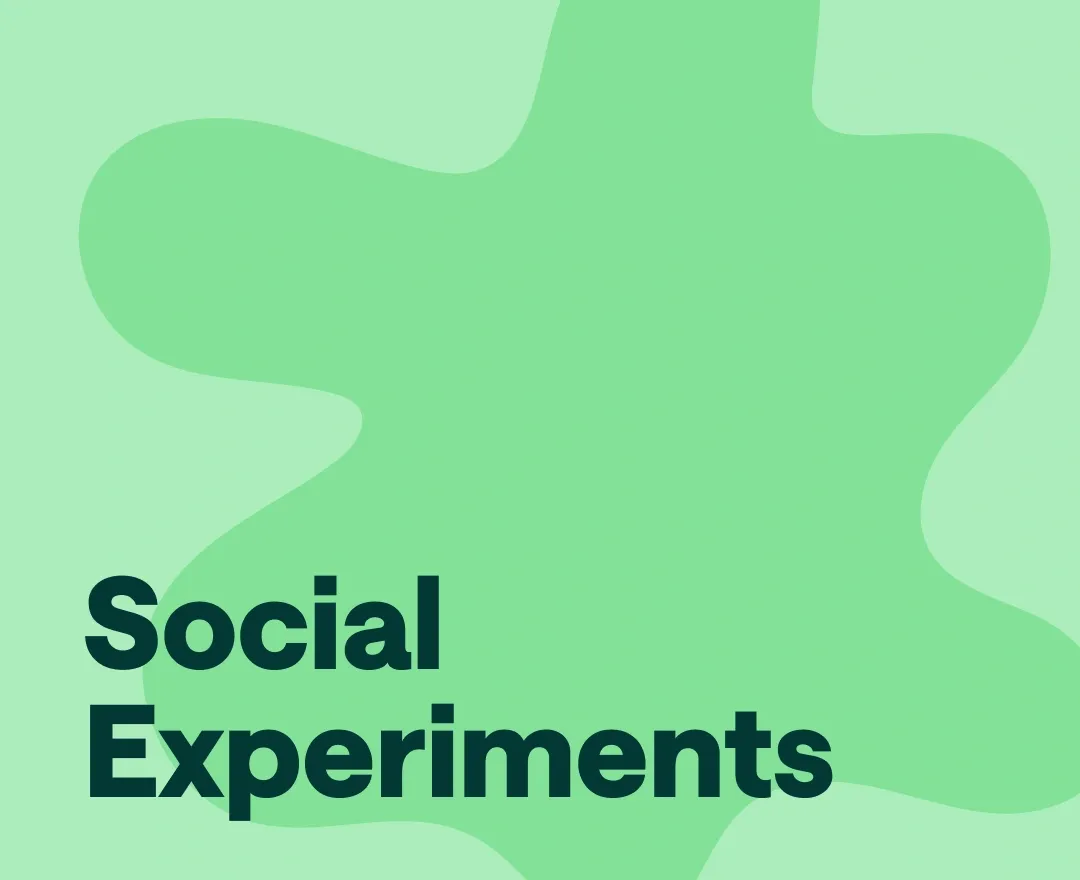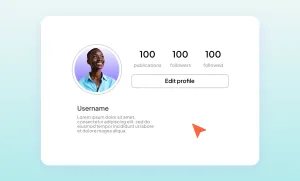Social experiments have always been a great way to explore humanity. The good. The bad. The ugly.
However, what used to be something of a restricted interest, carried out exclusively by researchers and sociologists, is now open to everyone.
YouTube and other social media channels have democratized the academic world of social experiments. Is this a good thing? We couldn't possibly say. But it has made it a lot easier for anyone, anywhere, to play sociologist, scientist, and even voyeur.
At its most extreme, it even allows some to play God.
Exposing the best - and worst - of humanity
Part of the reason social experiment videos prove so popular is... We all love to judge.
In the olden days, neighbors gossiped over garden fences or kept watch on the comings and goings of the street, hidden behind the curtains.
Today, we screenshot social media posts and comments or enjoy the exploits of everyone’s actions caught on camera, 24/7. If you don't have anything nice to say, come sit by me - or take it to the comments.
Whether it’s a social experiment showing people not stepping up to prevent a child from going off with a stranger or exposing how honest people really are when they think they aren't being watched, watching and judging gives everybody a safe space to really question their own ethics, values, and biases.
Nikocado Avocado: taking experiments to the extreme
There’s social experiments, and then there’s Nikocado Avocado.
The YouTube star, who has over 4.5 million subscribers, took social experiments to a whole new level when he, quite literally, fooled the internet in 2024.
Instead of setting up prank-style scenarios asking what people would do in certain situations, he placed himself as the omnipotent puppet master and us, the viewers and subscribers, his puppets. After swapping from vegan content in 2016, he had built a platform on mukbang videos, consuming large quantities of food and gaining a lot of weight.
We watched his weight soar and his health plummet as he continued devouring pizzas, and the viewers devoured up the content in return.
It certainly looked like it was only ever going to end one way. And then… he changed the YouTube community forever with three little words: ‘Two Steps Ahead.’

A video with that title was posted - but it wasn’t the mukbang king in all his voluptuous glory. It was a toned, trim man sitting where Nikocado should’ve been.
Did he lose weight overnight? Was it the work of Ozempic’s even more powerful cousin? Did he get so overweight that he literally spawned into two Nikocados?
No, no, and sadly not (but what a great concept for a science-fiction character).
He revealed that, actually, he’d been slim for some time. The mukbang videos we’d been eating up weren’t in real time. He had been posting pre-recorded videos for the past two years as part of “the greatest social experiment of [his] entire life.”
He was watching us watching him as he seemingly pushed his body to the limits.
By turning his entire platform into a social experiment, it changed the dynamics of creator and audience forever. And that was his goal all along.
After revealing his master play, Perry broke it all down in an email to The New York Times.
“People will consume these stories year after year…stories that influence the ants, stories that brainwash the ants. You are the ants,” he said. “In reality, people become completely absorbed with internet personalities and obsessively watch their content. That is where a deeper level of over-consuming lies, and it’s the parallel I wanted to make.”
A turning point in YouTube history
Is there an even bigger lesson to be had from Nikocado?
With the rise of the creator and nearly everyone living parts of their lives entirely online, do we need to look at Nikocado as a pioneer?
His example proves to us that, though they might share elements of themselves, we don’t actually share our lives with our favorite creators. We think we do, but if he could pull off a two-year experiment, what’s next?
Should we be more discerning in what we accept as reality? If we don’t, we might always be two steps behind.








